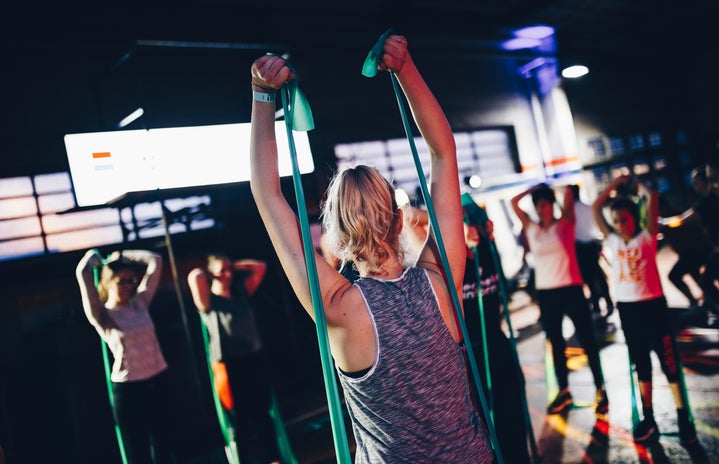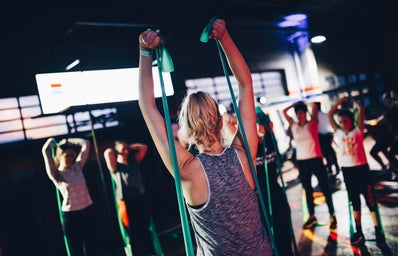Menstruation is nothing unusual to womxn, it is rather something we have come to characterise our reproductive health with. This biological occurrence in womxn is the least of societal concerns; it creates the question of resource affordability and availability which is of a socio-economic grasp. Unfortunately, unlike society, menstruation does not differentiate between who goes through it; there is no selection to go through on the basis of affordability and ease. If equality is to be truly achieved, then menstruation should not be made a burden but a period of solace and normalcy.
Statistics have shown that most girls in geographically rural areas simply do not enjoy their menstrual experience; the lack of pads/tampons, the low level of hygiene and the dismal support from their collective environments criminalize menstruation itself. The global pandemic of ‘Period Poverty’ contextualizes the perennial worry of girls belonging to low-income households who are compelled to miss school or college because of the dearth of pads and tampons. The lack of resources itself is a central hindrance to girls being able to pursue their goals, despite menstruation being an inseparable part of our lives. This problem does not solely extend to the rural dynamics of womxn’s health – metropolitan cities are notorious for the lack of provision made for menstruation.
Hence, the most sensible solution is the collective provision of pads in public spaces of sanitation or even at health facilities. Pads are expensive and remain a challenge for girls to afford, whereas if pads were made freely available in public bathrooms, this would reduce the mountainous burden off womxn who cannot afford them. The issue pertaining to whether pads distributed in public bathrooms and spaces should be free offer an insight into how there continues to be the feminization of poverty. Equality ought not to boast only about rights and duties, womxn have been systematically secluded in these aspects and menstruation remains a huge part of our health. So, the negligence on this issue is dire and detrimental to womxn who face the unwanted consequences. We cannot stop menstruation, but we can definitely not make it so strenuous for our womxn who still secure the right of physical wellbeing.
The problem at hand is not only the lack of provision of pads, it is the consequent attitude towards menstruation and womxn. Society has always found a way to deregulate womxn’s health and reproduction in a number of ways that have caused womxn’s autonomies to be erased. The slightest of our sovereignties are reliant on external leverage. We need to stop criminalizing ‘Periods’ and matters of womxn’s health and wellbeing to a paradigm of superficial societal upliftment, when in reality, there is no upliftment if 1 in 10 girls have to miss school because of their menstruation. Let’s make pads free and available, because we need to bleed, freely.

